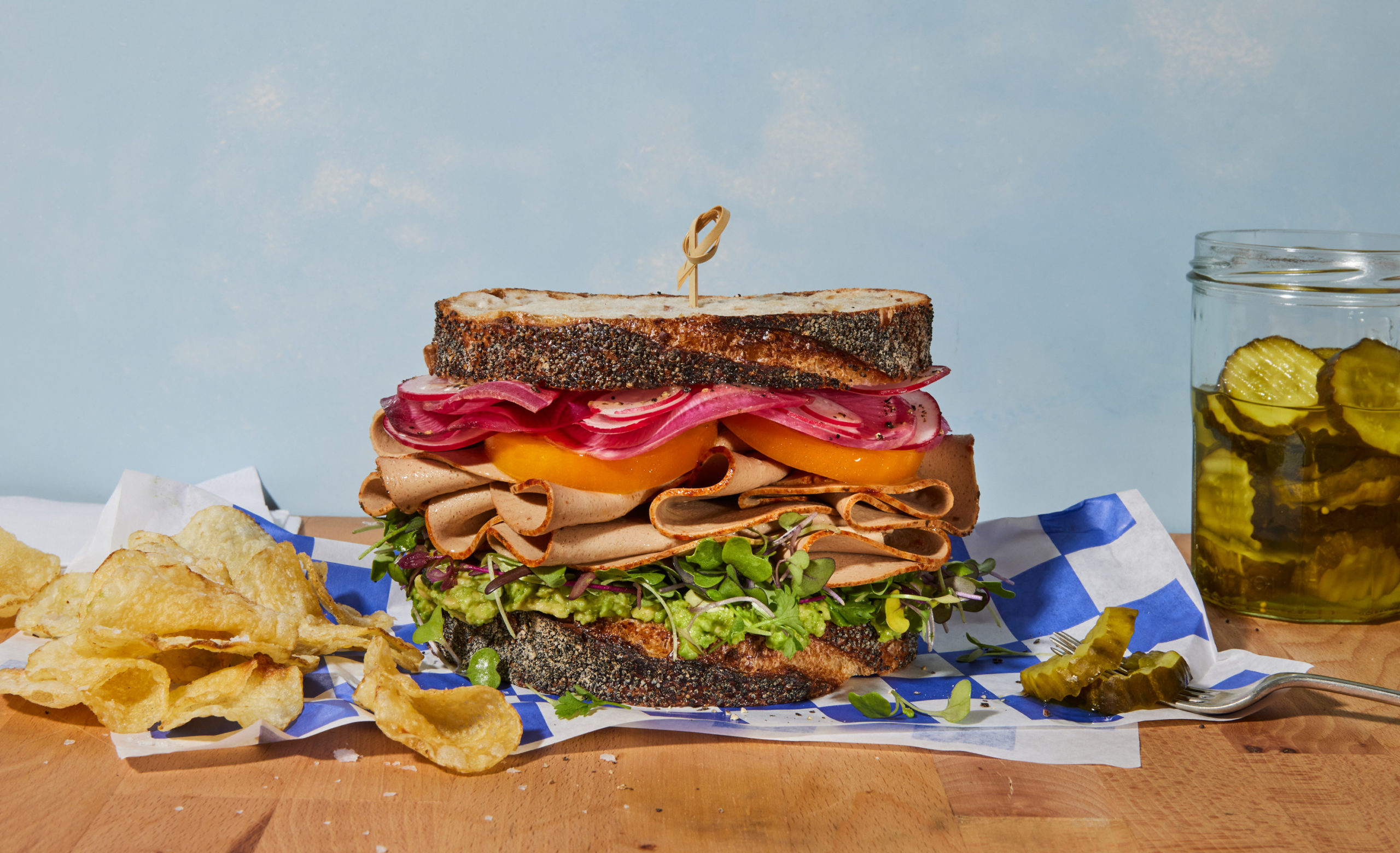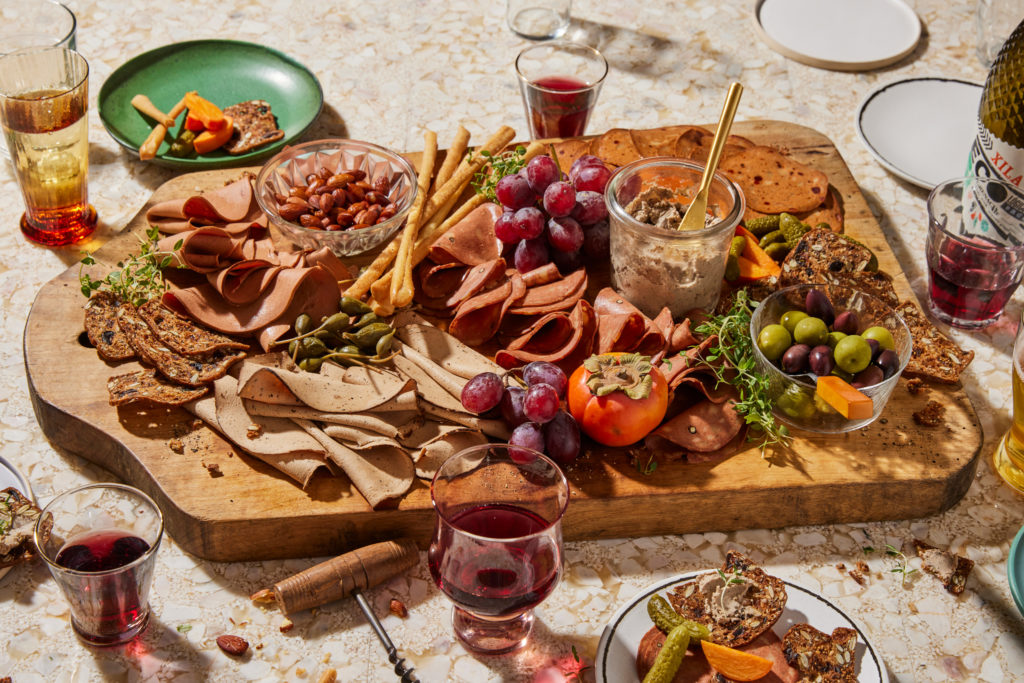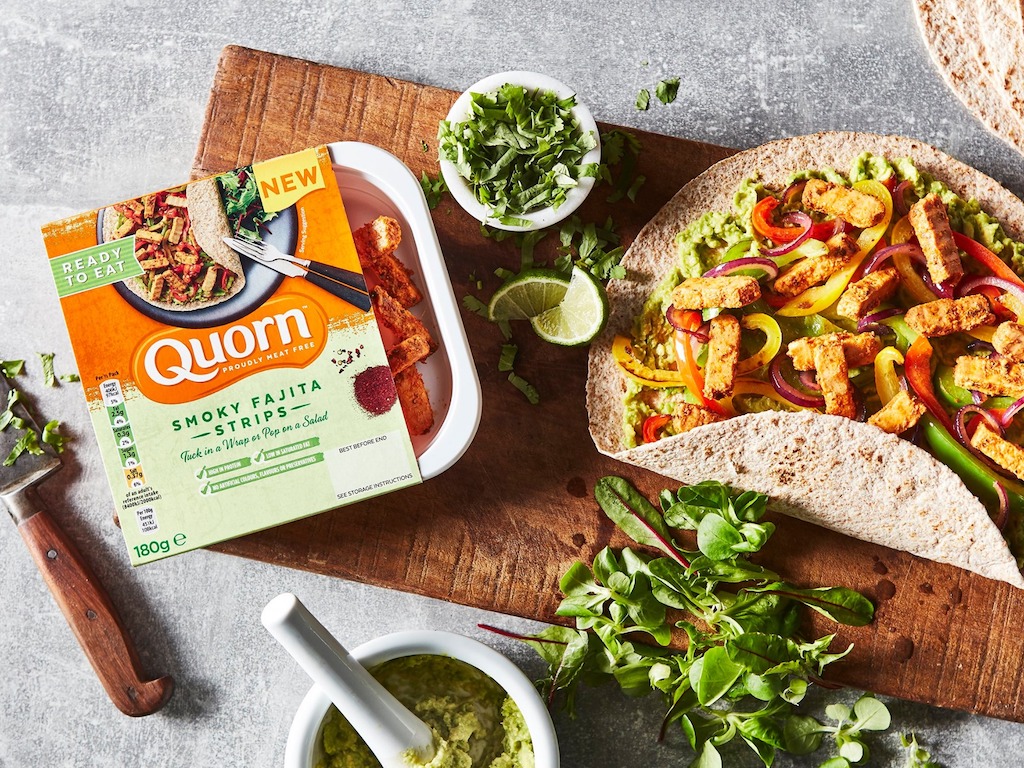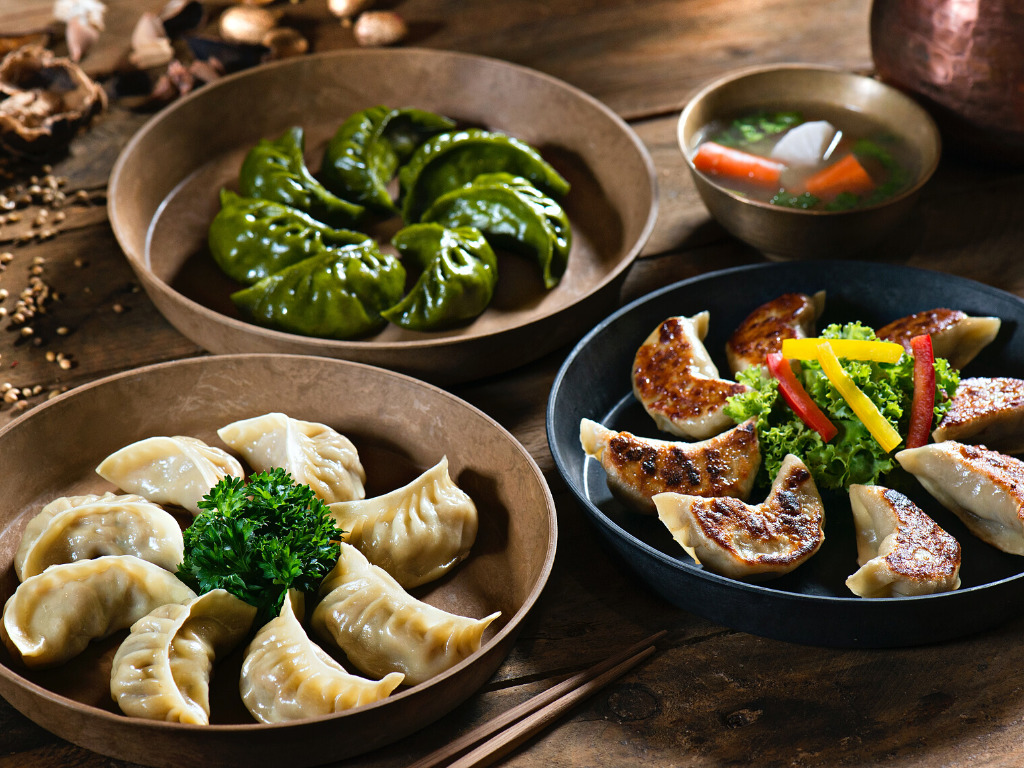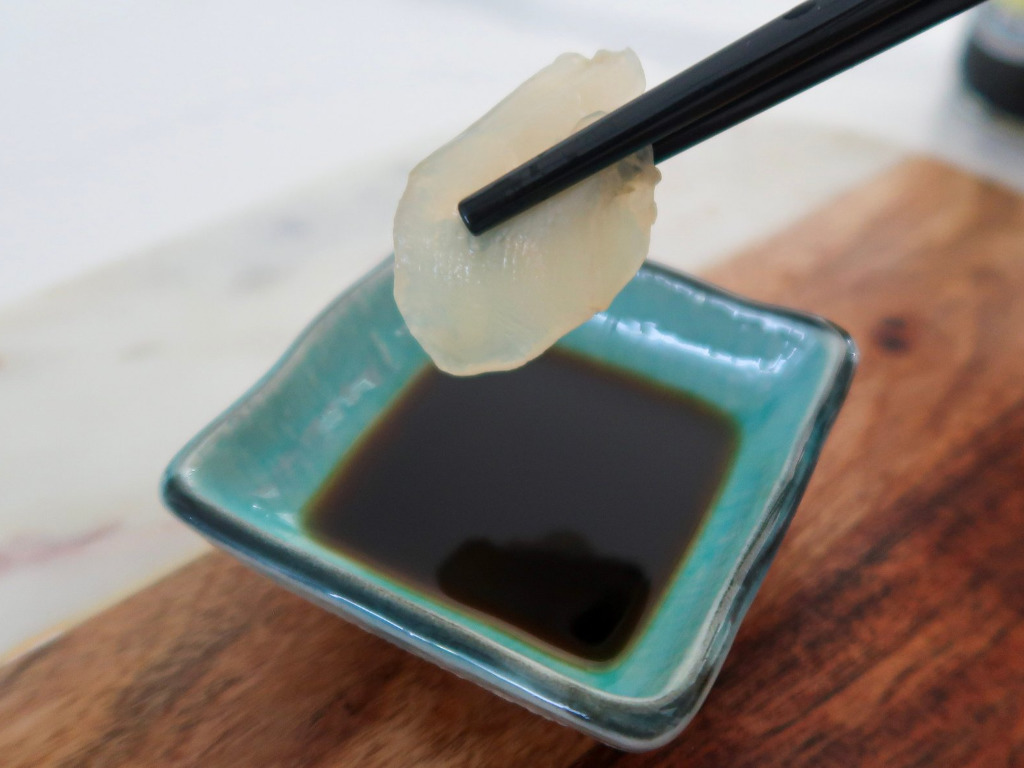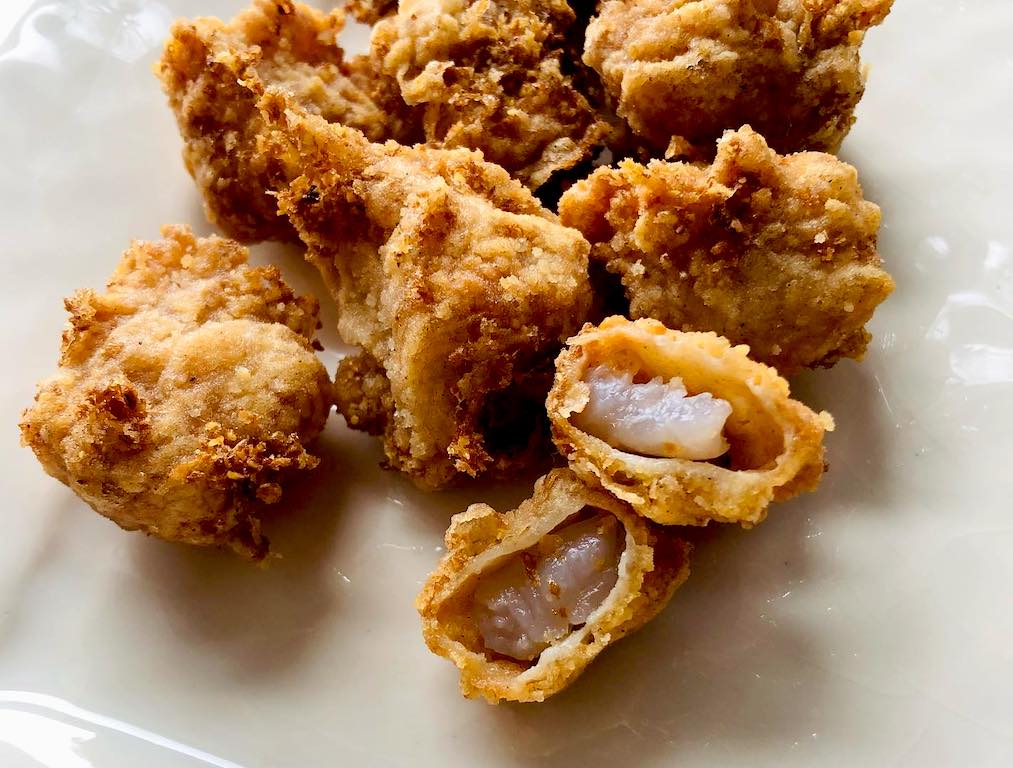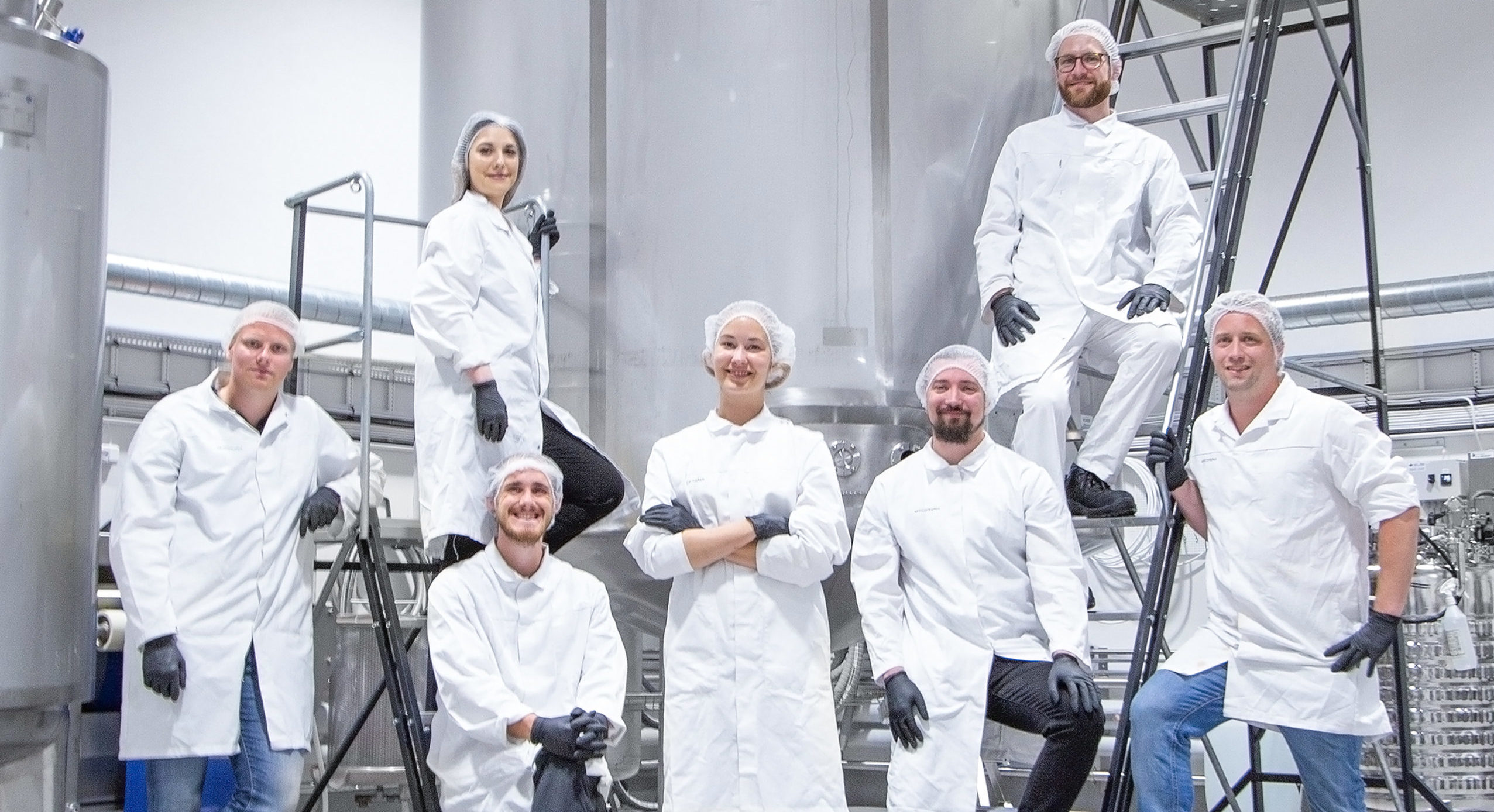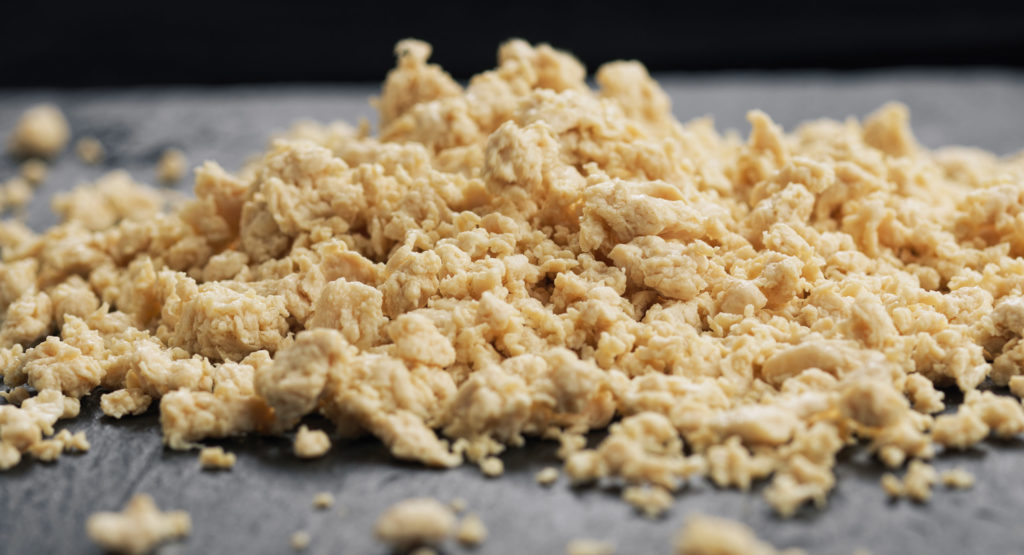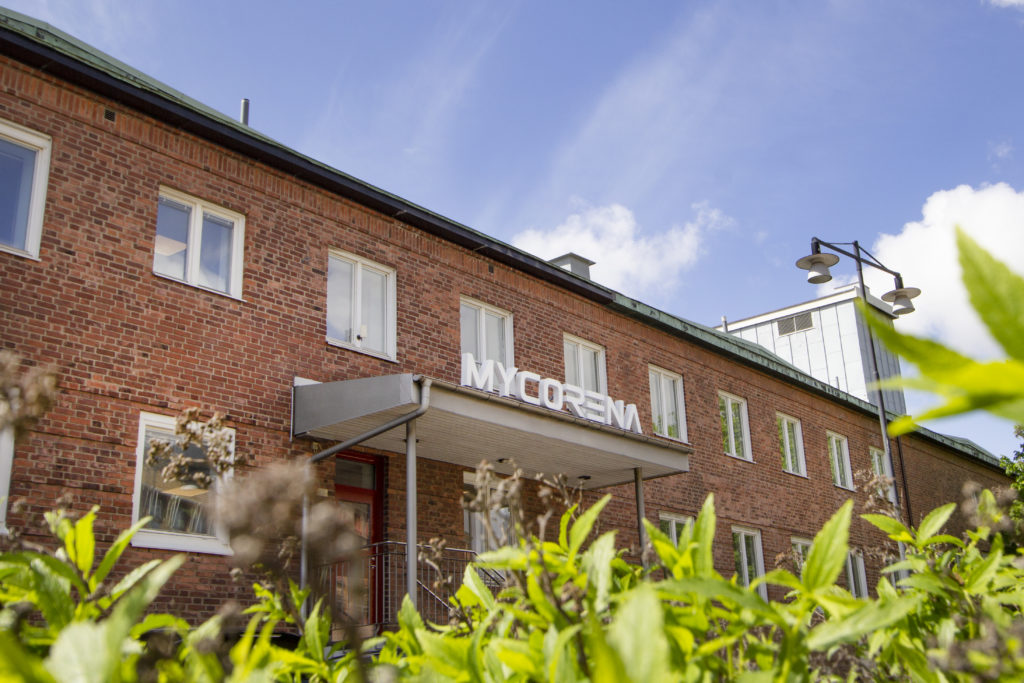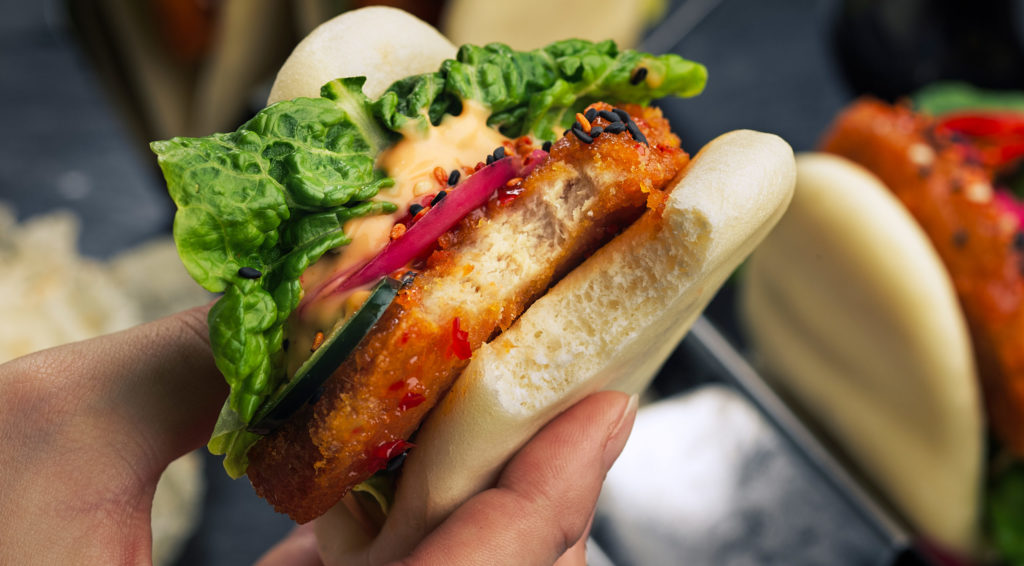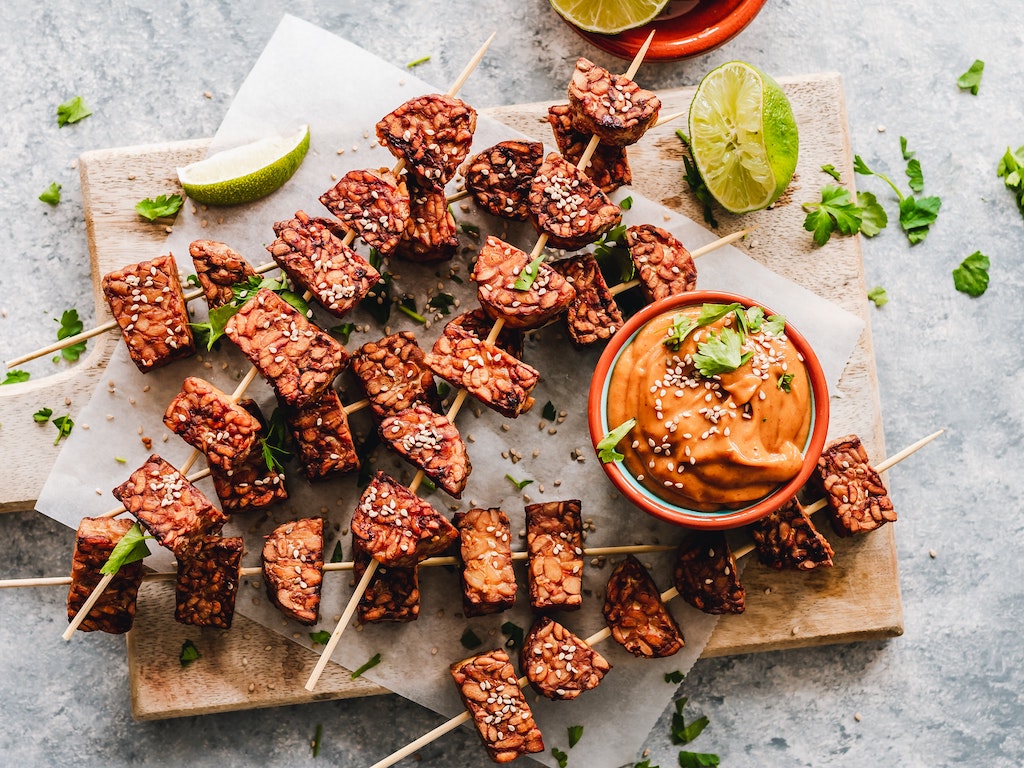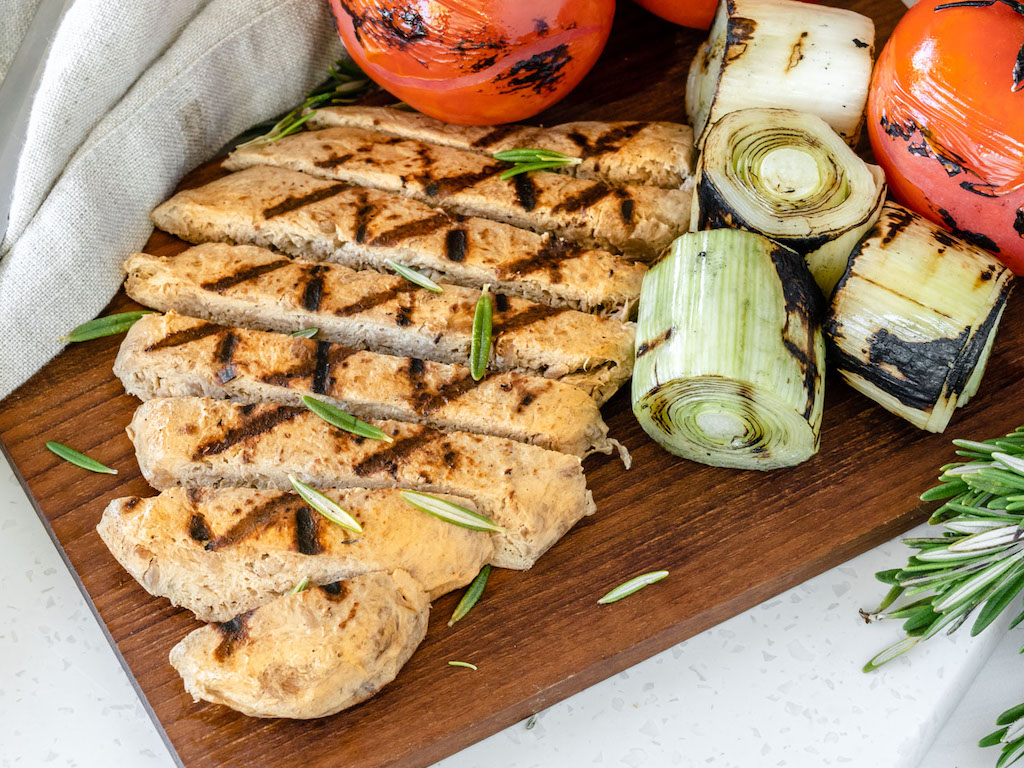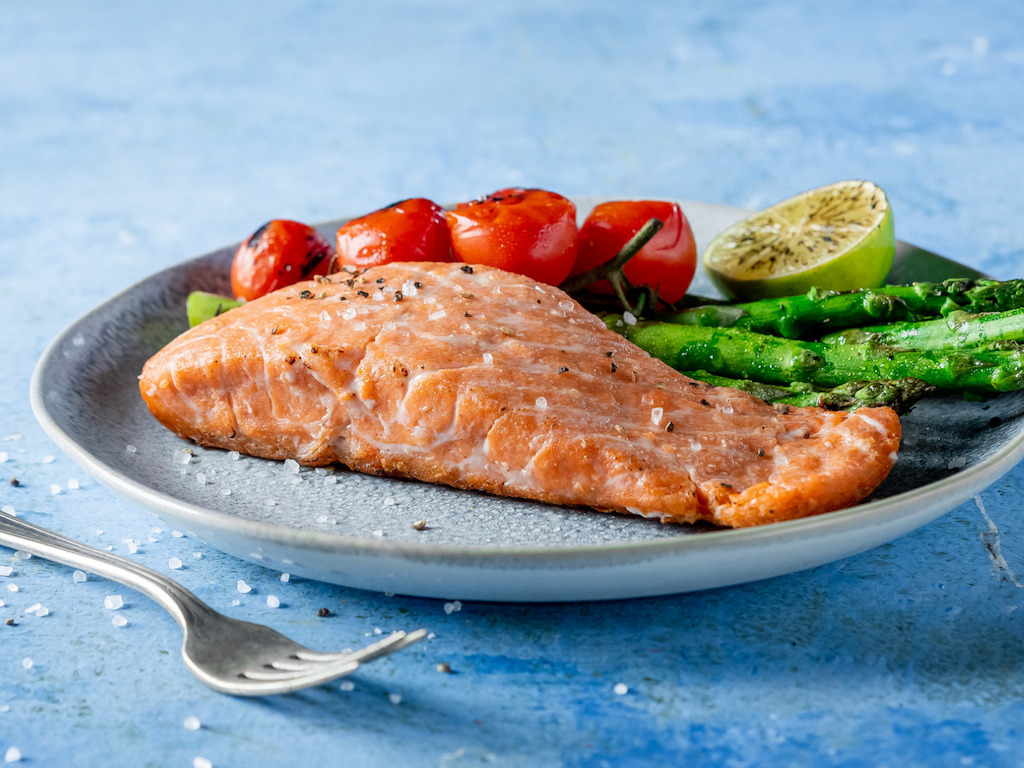
A joint venture between Israel’s Oshi and California-based The Better Meat Co., is aimed at crafting sustainable and healthy alternatives to salmon.
The collaboration comes on the heels of a $1 million grant to the two alternative protein startups by the Binational Industrial Research and Development (BIRD) Foundation. These grants are part of a program initiated by the Israeli and American governments to boost cooperative industrial R&D efforts that are beneficial to both countries.
Mycoprotein salmon
The initiative was sparked by a significant downturn in wild salmon populations, attributed to factors such as overfishing and logging. Despite these concerning declines, the demand for salmon continues to surge year by year. Oshi (formerly Plantish) and The Better Meat Co., say they plan to address this problem through the fabrication of mycoprotein-based salmon fillets.
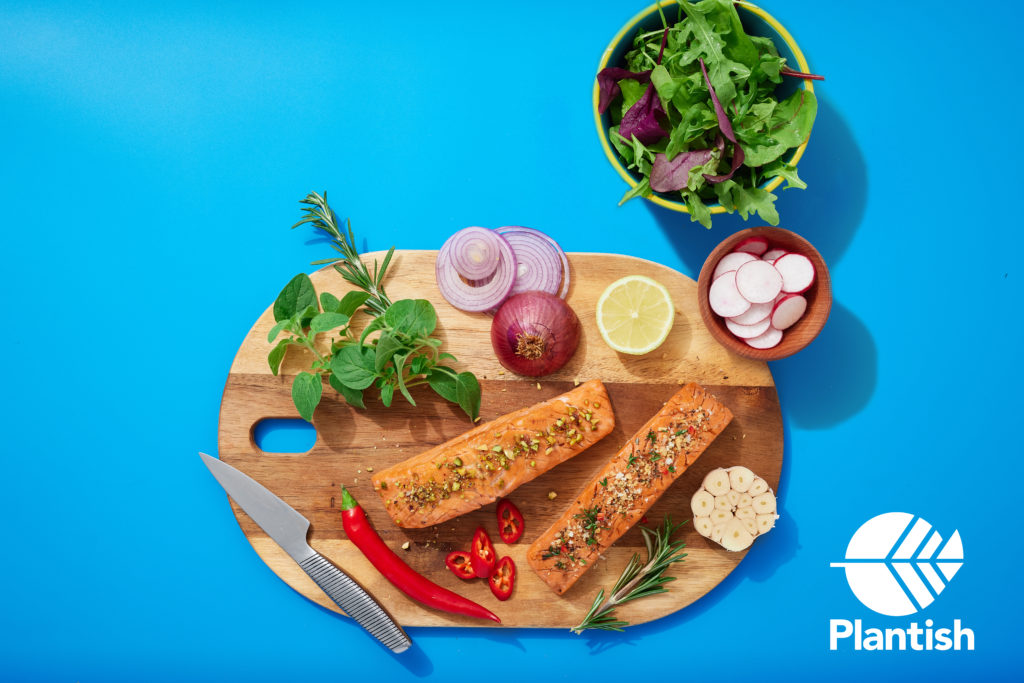
Dr. Ariel Szklanny, co-founder of Oshi, expressed the company’s gratitude for the grant. “We’re honored to be selected for this prestigious grant with The Better Meat Co. and look forward to reducing pressure on our finned friends by making alt-salmon fillets that are better than the ‘reel’ thing,” Szklanny said in a statement.
With the implementation of Oshi’s state-of-the-art 3D technology and The Better Meat Co.’s groundbreaking mycoprotein fermentation technology, the partners aim to use the BIRD grant to produce salmon-like cuts from high-protein, minimally processed, and natural whole-food mycoprotein, without endangering fish populations or human health.
Better alternatives
“Humanity only stopped harpooning whales once there were better alternatives to whale oil,” said Joanna Bromley, co-founder of The Better Meat Co. “Our goal is to create better alternatives to salmon with our friends at Oshi so we can leave more fish where they belong: in the water.”

Oshi has raised $14.5 million in funding for its realistic salmon filets. The company has attracted a number of notable collaborators incuding Michelin-starred chefs, cookbook author Adeena Sussman, and content producer Nuseir Yassin from Nas Daily.
In 2021, The Better Meat Co. announced the launch of a large-scale 13,000-square-foot fermentation plant for its first whole food fermentation-based mycoprotein ingredient, Rhiza.
The post 2 Alt-Protein Startups Receive Boost to Develop Fish-Free Salmon first appeared on Green Queen.
The post 2 Alt-Protein Startups Receive Boost to Develop Fish-Free Salmon appeared first on Green Queen.
This post was originally published on Green Queen.
